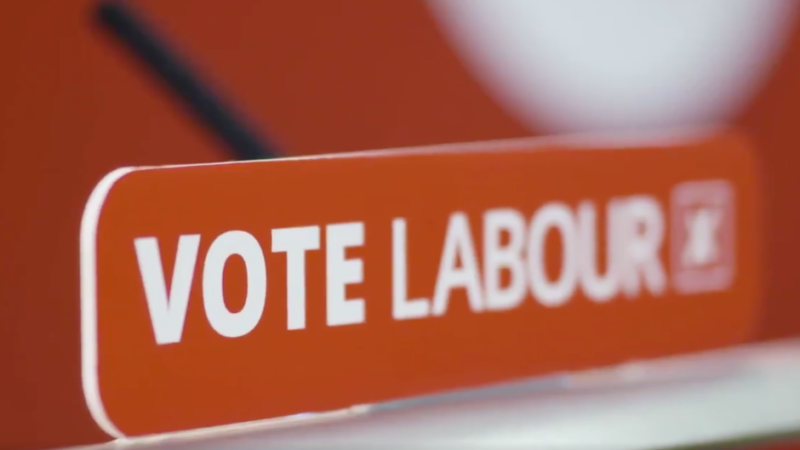
Labour left representative Yasmine Dar won against Momentum chief and co-founder Jon Lansman to become chair of Labour’s disputes panel at the latest national executive committee meeting today.
The ruling body post, which currently allows the holder to oversee Labour’s disciplinary cases, became vacant as incumbent Claudia Webbe left the NEC after being elected as a Labour MP in December 2019.
When Webbe was elected as disputes chair in 2018, her candidacy was proposed by now-suspended Pete Willsman. She stood unopposed and the decision to elect her as chair was unanimous.
But the fresh contest was closely fought this afternoon, as Lansman stood for the role – splitting the Labour left vote on the ruling body – and UNISON rep Wendy Nichols also put herself forward.
Jeremy Corbyn attended the NEC meeting for a short period of time in order to vote for Dar, according to LabourList sources, who said the result was close.
Dar is a Manchester City councillor who sits on the NEC as a local constituency party representative. She has previously expressed the view that Labour does not have an “institutional problem” of antisemitism.
Writing for LabourList in May 2019, she said: “I’m in favour of radical reforms to Labour’s disciplinary procedures so that we can more swiftly kick out the small number of antisemites in our ranks.
“But as a member of the national executive committee, I haven’t seen any evidence that this prejudice among a minority of members is an institutional problem.”
Reacting to the Equality and Human Rights Commission decision to launch an investigation into Labour for alleged institutional antisemitism, Dar added: “What the EHRC has missed is an opportunity to rise above party politics and address deep rooted inequalities within our society.
“Instead of separate investigations into Labour and the Tories, the EHRC could have launched a joint inquiry into both, and prejudice in politics more broadly.”
The NEC disputes panel hears membership appeals, applications for re-admission to the party, party disputes and conciliation, and operates in a quasi-judicial way to conduct interviews and hearings.




More from LabourList
Ashley Dalton resigns as health minister for cancer treatment
Paul Nowak column: ‘Labour must focus on the basics’
‘Labour’s two-child cap victory rings hollow while asylum-seeking children remain in poverty’